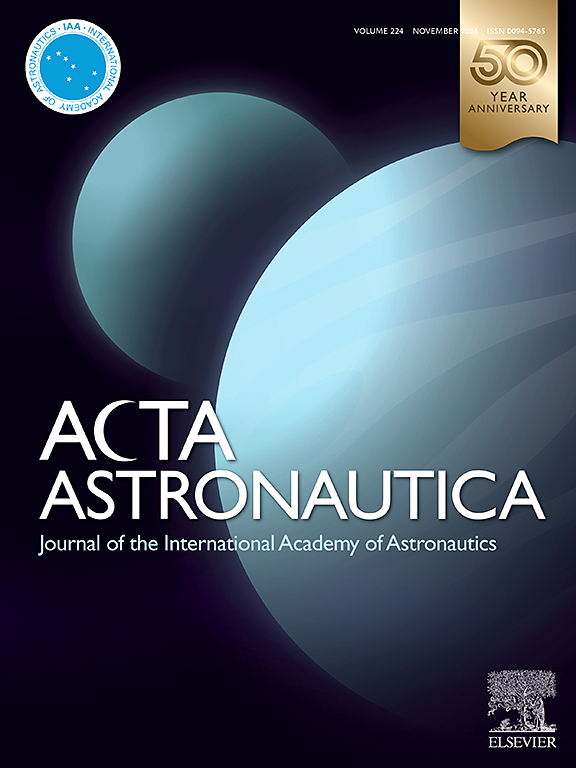空间态势感知系统:连接传统方法与人工智能
IF 3.1
2区 物理与天体物理
Q1 ENGINEERING, AEROSPACE
引用次数: 0
摘要
本文章由计算机程序翻译,如有差异,请以英文原文为准。
Space situational awareness systems: Bridging traditional methods and artificial intelligence
With the rapid increase of space activities and the accumulation of space debris, the existing space situational awareness systems (SSAS) is facing increasingly severe challenges. This paper analyzes traditional approaches and describes their limitations in dealing with complex space environments. To address these challenges, we explore the application of artificial intelligence (AI) technology in SSAS and its future development scenarios. This paper gives a detailed overview of the basic principles and applications of traditional SSAS, and highlights its limitations. We focus on the application of AI to orbit determination and orbit prediction, highlighting its potential to enhance system flexibility and adaptability. In addition, we present possible directions for the future development of AI technology in SSAS. By combining traditional methods with AI technologies, we can expect more efficient and intelligent systems that are able to adapt to complex space environments. Through this comprehensive perspective, this paper aims to provide an in-depth understanding of SSAS and provide a valuable reference for future technological innovations and system upgrades.
求助全文
通过发布文献求助,成功后即可免费获取论文全文。
去求助
来源期刊

Acta Astronautica
工程技术-工程:宇航
CiteScore
7.20
自引率
22.90%
发文量
599
审稿时长
53 days
期刊介绍:
Acta Astronautica is sponsored by the International Academy of Astronautics. Content is based on original contributions in all fields of basic, engineering, life and social space sciences and of space technology related to:
The peaceful scientific exploration of space,
Its exploitation for human welfare and progress,
Conception, design, development and operation of space-borne and Earth-based systems,
In addition to regular issues, the journal publishes selected proceedings of the annual International Astronautical Congress (IAC), transactions of the IAA and special issues on topics of current interest, such as microgravity, space station technology, geostationary orbits, and space economics. Other subject areas include satellite technology, space transportation and communications, space energy, power and propulsion, astrodynamics, extraterrestrial intelligence and Earth observations.
 求助内容:
求助内容: 应助结果提醒方式:
应助结果提醒方式:


